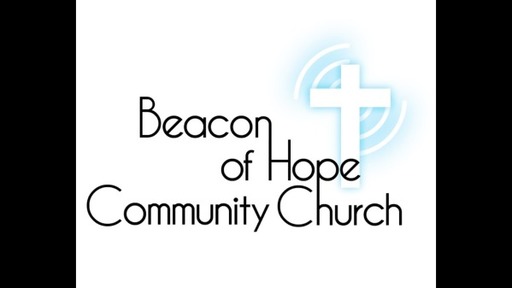Father, Spirit, Jesus

With Us
Garret Keizer, a minister in Vermont, tells of conducting an Easter vigil in his little church. Only two people show up for the service, but Keizer nonetheless lights the paschal candle and says the prayer. “The candle sputters in the half darkness,” he writes, “like a voice too embarrassed or overwhelmed to proclaim the news: ‘Christ is risen.’ ” He goes on:
But it catches fire, and there we are, three people and a flickering light in an old church on a Saturday evening in the spring, with the noise of the cars and their winter rusted mufflers outside.The moment is filled with ambiguities of all such quiet observances among few people, in the midst of an oblivious population in a radically secular age. The act is so ambiguous because its terms are so extreme: the Lord is with us, or we are pathetic fools. So it is always with the church. We take a fragmentary community, a fragmentary faith, a fragmentary understanding of the Trinitarian God, and we go into the world with everything Jesus has taught us. Either the Lord is with us and all authority has been given to Christ, or we are indeed pathetic fools.